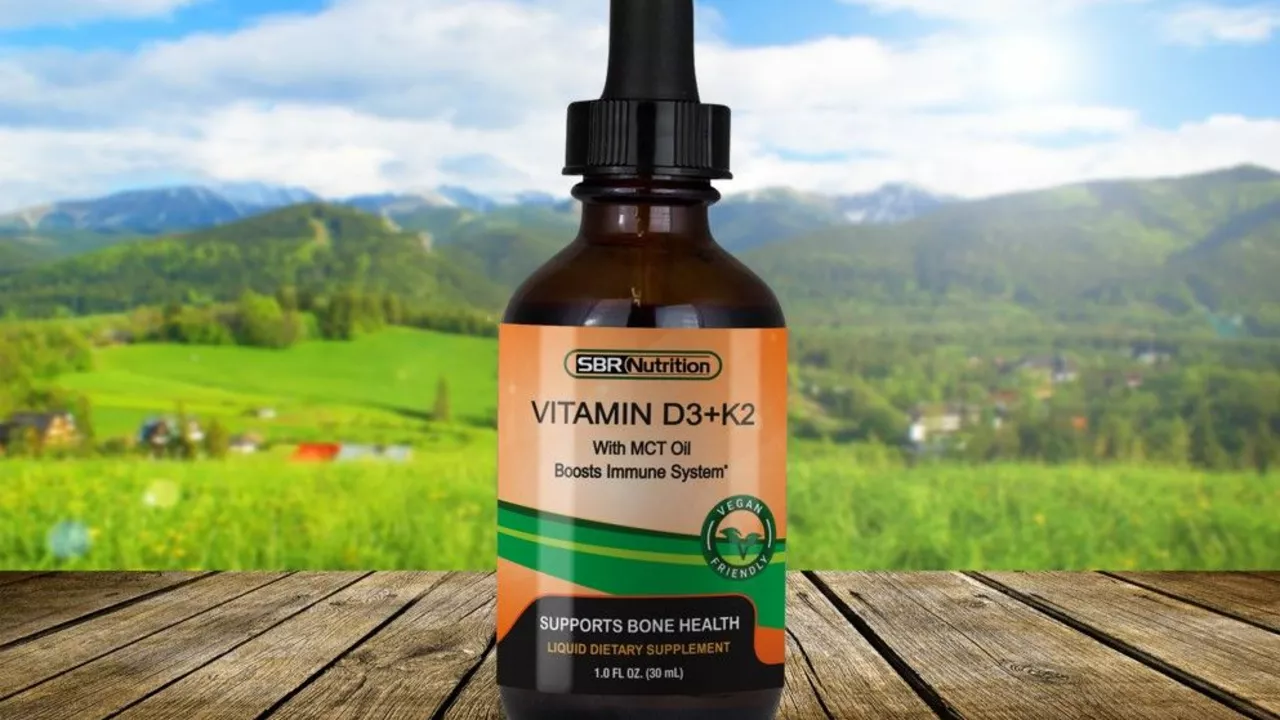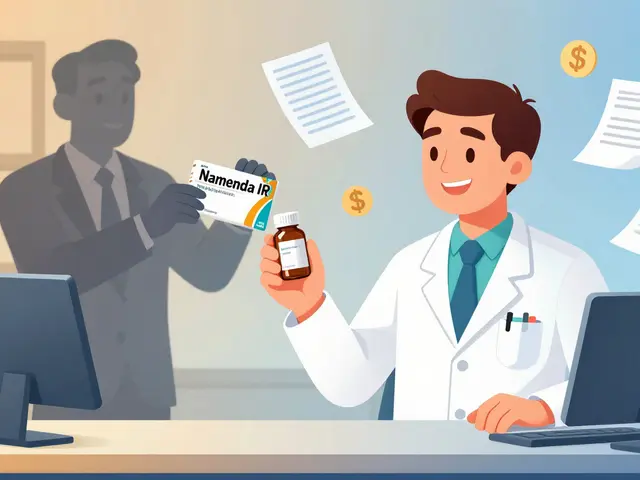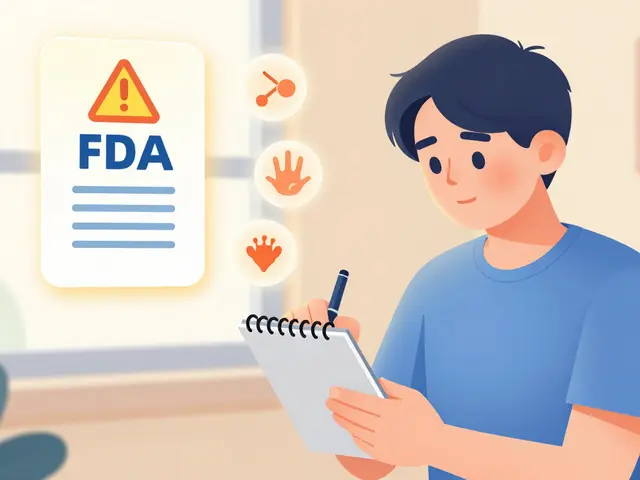Peeling Back the Layers: Understanding Vitamin D
Let's start by taking a brief but enlightening journey into the world of vitamins, focusing particularly on our figurative sun in the nutrition universe: Vitamin D. Unlike my French Bulldog, Olive, who has a nap habit that would give a sloth a run for its money, human bodies are pretty industrious! When sunlight hits our skin, it sparks a process that eventually results in the formation of vitamin D. It's nature's way of saying "Here's a treat for stepping outside your cave (or in my case, leaving the cat, Alfie, to his latest hide-and-seek mischief with the kids, Elara and Basil)”.
The importance of Vitamin D in our bodies cannot be understated. It is involved in maintaining the health of our bones and teeth, supporting the health of the immune system, brain, and nervous system. It even has a role in maintaining lung function and cardiovascular health, and many believe that it can play a significant role in influencing our moods. Fun fact, some call it the 'sunshine vitamin', which sure does put a brighter spin on the concept of sunburn!
From Sunshine to the Heart: The Vitamin D- Cardiovascular Disease Connection
In divining the link between Vitamin D deficiency and cardiovascular disease, we must first acknowledge the stealthy nature of this relationship. Kind of like how cat Alfie thinks he is hiding when in reality, his bushy tail is sticking out from the curtain (Don't tell him, though, it's our little secret).
Evidence has gradually mounted to suggest that low levels of Vitamin D can increase the risk of conditions associated with Cardiovascular Disease, such as high blood pressure, diabetes, and atherosclerosis (a condition that sees plaque build up in one's arteries - think of it like a traffic jam, but in your body). More critically, some research studies have also indicated that Vitamin D deficiency could increase the risk of heart attacks and strokes. Interestingly, the association between Vitamin D and heart health may also have a lot to do with the vitamin's role in regulating inflammation and controlling blood pressure.
Boosting Your Vitamin D for a Healthy Heart
Given the potentially frightful impact of Vitamin D deficiency on our health, it's crucial to consider ways to ensure an adequate intake. It can be surprisingly simple, and luckily for me, does not require Alfie's labyrinthine cunning in hide-and-seek or Olive's bulldog determination in pursuit of... well, mostly more naps.
Exposing your skin to sunlight to stimulate Vitamin D formation is a well-touted recommendation. However, it's crucial not to overdo this, as too much sun can lead to skin damage or even skin cancer (definitely not what we're going for!). Around 15 minutes of exposure between 10 AM and 3 PM is generally recommended, but this can depend on where you live and your skin type.
However, if you're like me and live in Perth where it can sometimes pour down with rain as if the universe is trying to create a second Swan River right in your backyard, you might need to find alternative sources. Here, Vitamin D supplements and food sources like oily fish, red meat, and egg yolks can come to the rescue. To give a little context, let's say I cooked my family a meal consisting of fatty fish like salmon with a side of eggs. As delightful as that sounds, it's unlikely they'd fancy this every single day! That's where supplements can fill in the gaps. As always, it's best to consult a health professional before starting or changing any supplement routines.
Looking Forward: The Path to a Healthy Heart
At this point, I'd like to recount a small anecdote. My daughter, Elara, considering joining her school basketball team, was concerned about running out of breath during practice. She feared being the only one who couldn't keep up, which led us to include Vitamin D rich foods in her diet, complemented with plenty of outdoor play (and not to forget, a few basketball lessons from her old man). After a month, not only did her stamina improve, but she also became fond of a broader range of foods. The journey towards better heart health doesn't always have to be a chore; sometimes, it can be an opportunity for new experiences!
In the end, it's crucial to remember that integrating changes towards a healthier lifestyle, including ensuring adequate Vitamin D levels, is generally not a fast process. It can take time. Take heart, though (pun intended) - it'll be worth it. It's much like teaching Olive a new trick. There might be moments when she'd rather pick an epic snoozefest over facing the perplexity of fetching the newspaper, but with a little patience, we'll get there (hopefully).
In the grand scheme of things, understanding the link between Vitamin D deficiency and cardiovascular disease, and more importantly, acting upon it by tending to our diet and lifestyle, can not only energize our bodies but also add a sprinkle of joy and calm to our everyday lives. Feeling healthy isn't just about avoiding illnesses. It's about enjoying your life to the fullest, whether it means chasing after hide-and-seek champion Alfie or, in Olive's case, savouring that well-earned nap!




Katherine Collins on 31 July 2023, AT 23:30 PM
This is just another vitamin hype lol :)